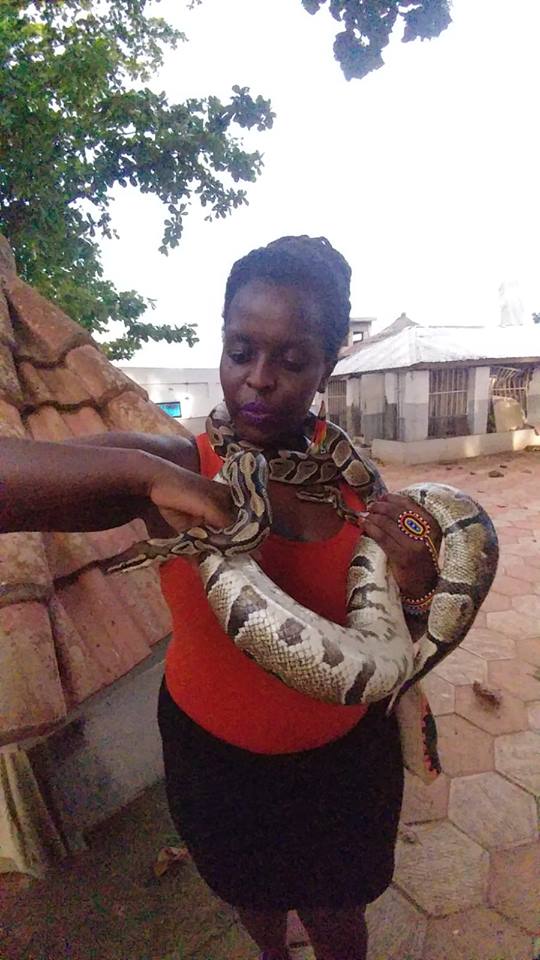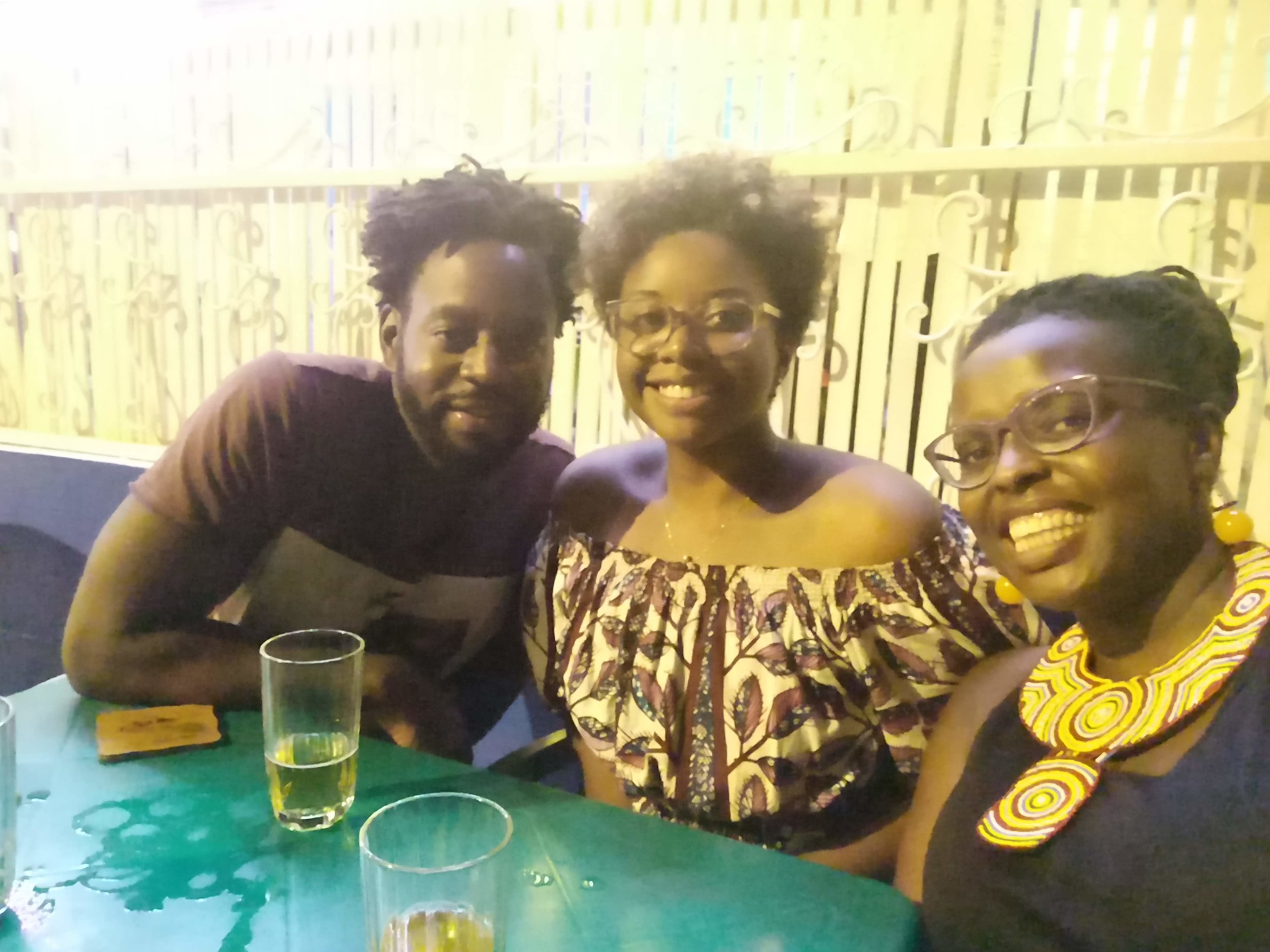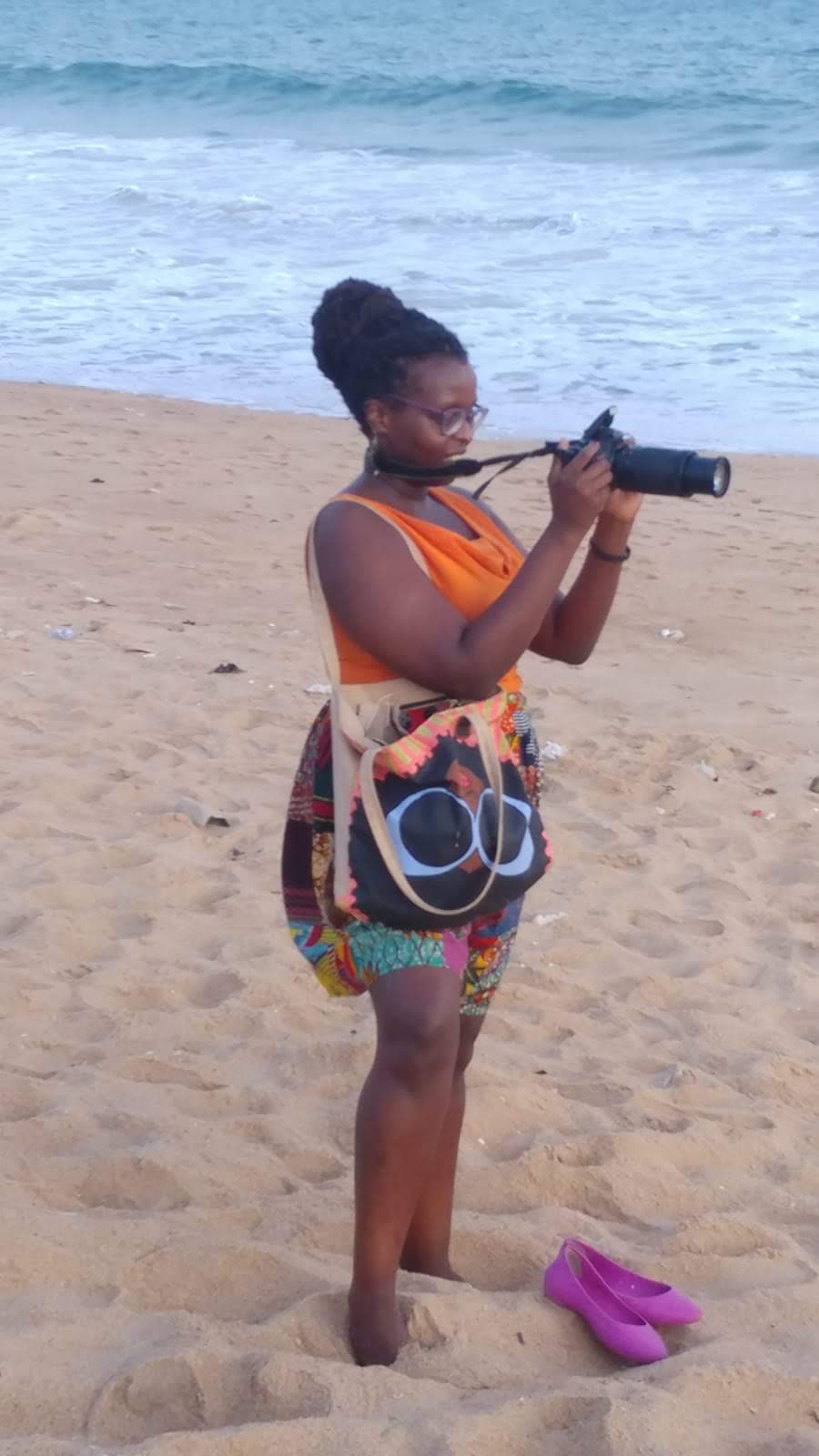Continued from last week
Another area in the town that showed us Dutch Tolerance was the 'square of the spiritual women.' It started as a home for Berginjof nuns who were being persecuted in France. Berginjof nuns are pretty much nun-tryouts who didn't make it to become full blown nuns. They were ostracized throughout much of Europe, but the Dutch welcomed them with open arms. Their former home is now the home of spiritual women. Women the world over who adhere to a religion- any religion and want to grow spiritually apply to join the place. It offers a home to Christians, Muslims, Buddhists, Bahaaists etc. I thought it was so interesting that one place would encourage growth of spirituality in different religions. The place was quite tranquil.
Amsterdam officially has only 5 Catholic churches. After the Reformation all Catholic churches were seized and Protestantism was declared the official religion. Unlike other countries, where all former priests, nuns etc would be killed, in the Netherlands they just had to convert. The State even let them meet in a house as long as the house didn't have a cross. This turning a blind eye and letting people live their lives was something I really admired. Everyone knew it was a catholic church. Every Sunday a crowd would gather there. They had an organ, hymn books etc. As long as it was subtle everyone was willing to pretend they didn't see it.
After this we passed by the museum where Rembrandt's 'Night Watch' was stored. I had never seen it before, but it was a painting that changed how portraits were done. It was an action portrait of the Rifle Squad of Amsterdam. It was later redone into a sculpture that was in the city park. I really liked it.
We got to see the widest bridge, and the narrowest house which were all on the same street. The narrowest house was 1.7m wide. Can you imagine? Horrid. I had noticed the importance of saving space in Amsterdam. The last time I was in Amsterdam, the stairs in my hotel were so narrow that I had to climb them sideways.
Random note – The Dutch are officially the tallest European people. I
always thought it would be Swedes, Norwegians or something.
We passed a statue of Multatuli who was a Dutchman who wrote about the atrocities being committed by Dutch colonialists in Indonesia. He even named names. His book led to a huge reform by the Dutch public who were horrified to learn about how they were treating the locals. I really liked the Dutch, and wondered if they were really related to South African boers. Maybe the Boers were all the black sheep of the Dutch community....
Amsterdam was really multicultural. I kept on seeing all this people who looked African, but I couldn't figure out from what country. I kept on racking my brain trying to think if Netherlands ever had an African colony. It turns out this black people are from Suriname. I was so jazzed. Back in the day I used to think Suriname was a country somewhere in Asia probably near Myanmar. At least a few years back I learnt it was the smallest country in South America. Little did I know that it's a predominantly black country. That was an interesting history and geography lesson. The other foreign looking people come from Aruba, Dutch Antilles, Indonesia etc.
We then saw the old men's prison that was now a public pool. The Dutch being Calvinist believed in the redeeming powers of hard work. All men in the prison were meant to work daily to get atonement for their sins. Some men were rebellious and chose not to work. To force them to work, water would slowly be let into their cells. At the corner of the cells there was a pump. The only way to prevent one self from drowning was to continuously pump i.e. one was forced to work to live. One prisoner completely refused to do this, and let himself drown. This
method of getting people to work was promptly stopped.
Netherlands being such an open and welcoming society had attracted a lot of persecuted Jews from other European countries – Portugal, Germany, France etc. They all lived in the Jewish Quarter which was an upscale region and not a ghetto like in other countries. Famous
Non-Jews like Rembrandt even chose to live in this region because it was really good housing. When the Nazis invaded Amsterdam in the early 40s, their occupation was a peaceful one. The Nazis liked the Dutch and believed they were distant relatives since they all spoke funny.
For a year they didn't do anything other than stay on as occupiers. Finally they started their attacks on the Jews. The first day they attacked the Jews was on a Saturday and very few Dutch people were in the Jewish Quarter to witness the atrocities. The next day they did it
was a Sunday – market day. The Dutch witnesses were horrified by what they saw and decided to revolt against the murder of their brothers.
The 'February strikes' were led by Dutch workers to oppose the mistreatment and deportation of the Jews. The Nazis fired at the crowd, and killed many citizens. Though this was by no means a success for the Dutch, it however was the largest demonstration during World
War 2 by non-Jews for the Jews. It did not stop the deportations, and it probably did not save any lives. It however showed the Jews that the Nazis were a minority, and not all Europeans shared their dream of exterminating them. It was a moment of hope, and a day when the Dutch
policy of tolerance and turning a blind eye was put to the test. They would not turn a blind eye to acts of torture, hatred and inhumanity against their fellow humans.
When the Allied forces started freeing European cities, they neglected to free Amsterdam. It was so out of the way, and they had no idea that many Nazis were occupying the area. The Nazis starved the people for their collaboration with the Jews. By this point the Jewish Quarter
was a ghost town. All the Jews had been deported and met their end in the Nazi concentration camps. Anne Frank's family was one of these. The winter of 1941 was the worst winter in Europe. Food ran out. All the trees were cut and used for heating. People ate the
'roof-rabbits.' Roof-rabbits was a euphemism for cats. Then they ate the rats. Then they went to the ghostown – the Jewish Quarter and started using furniture, building materials and anything they could get their hands on for heating. Today all the trees in Amsterdam are
the same height. They were planted around the same time – after the war. The old Jewish Quarter does not look anything like it would have in the past. Everything was destroyed in the search for firewood. It has been redone in garish 70s architecture. Bold, bright colours. Long
clinical columns. It's an eyesore.
***The Miracle of Amsterdam****
This is a true story. It has no exaggerations and no additions. I am
telling it as it came from the horses mouth.
Sometime in the 1600s in Amsterdam an old man was on his death bed. A priest and a nun came to give him his last rites. They gave him the communion bread to eat, but as he was so sick he threw it up immediately. As the bread was blessed it had to be disposed of in a
certain way. The nun wrapped it up in a bundle and cast it into the fire. All of a sudden she notices that the bread doesn't burn. It instead floats on the fire with a strange glow. She grabs it and realizes it's a miracle. She begins her journey with the bread to see the pope (all miracles had to be declared a miracle by the pope.) She gets to Rome and realizes she doesn't have the bread. She panics and wonders how she could have lost it. She realizes these are serious
negative nun points – finding a miracle and losing it. She gets back to Amsterdam and it's in the house. Her and the priest now take it to Rome. They get there, and discover the bread has vanished again. They find it in Amsterdam. They then build a church where the loaf lies.
That must be what the bread wants from them. In the next 50 years, the church burns down twice. The only thing that survives is the bread. They move the bread to another location. This fires are a bit worrisome and they want a safer location. This time the bread agrees
to be relocated. They put it in a nice steel case in the new church. A thief comes one night and robs the church. He takes off with the steel case thinking it has money.
He runs over a bridge and pries it open. With each push his heart is pacing faster and faster. He expects to find jewels, money or something precious. It finally opens, and he finds a dry dusty piece of bread.
He tosses it into the river Amstel.
That is the end of the miracle of Amsterdam.
Moral of this story? The bread was fireproof and could translocate, but wasn't waterproof.
Ps- The old man didn't survive. The miracle was only for the bread….not for him.
















































































